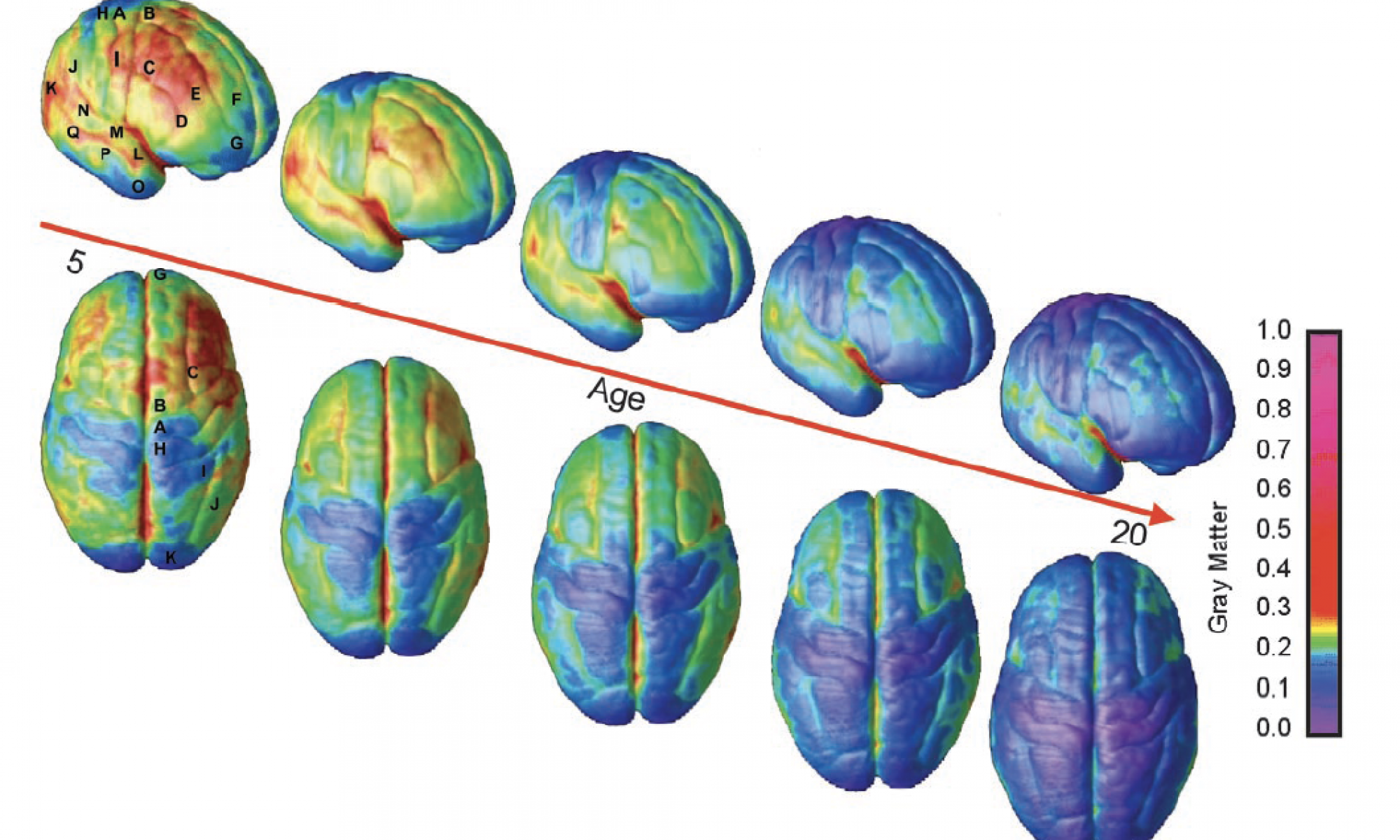The online article, “Our musical tastes peak as teens, says our study”, is an informative article filled with data and evidence to support what their studies show. The article was published this year and is current, also making the study more reliable. Throughout the article, data was used in order to provide evidence for the point stated. The main argument of the article suggested that during our musical taste as adults is usually derived from the music that we listened to as teenagers. The article provides multiple data that was collected during the study which reinforced not only their main point, but also reinforced my thoughts as to why I believe this article to be true. Throughout our life, our teenage years often ends up becoming one of the most important phases in our life. In a way, our teenage experiences and our teenage mindset become like the foundation that usually shapes the rest of our lives. The experiences we live as teenagers allows us to create our own ideas and thoughts as to how we view the world and how to go on in the world. Our experiences in life affects how we behave and think as we grow older. Because our teens is one of the most influential phases in our lives, I would be accurate that the music that we listen to as teens, affects the music we listen to as adults. As teenagers, we start to make more decisions for ourselves, and because our brain during our teenage years is still under development, our decisions, behaviors, and of course our musical taste becomes the foundation for our adult lives. The fact that our teenage years are one of the most important years of our lives is supported by the article when it states that women’s most important period is between the ages 11 and 14, meanwhile for men it is around the age of 13. Along with this, the argument is also supported by the graph provided by the article, in which it claims that women childhood influences are stronger than mens childhood influence. The article creates a solid argument, which could not only be supported by the data provided, but also by science.

NBB 190